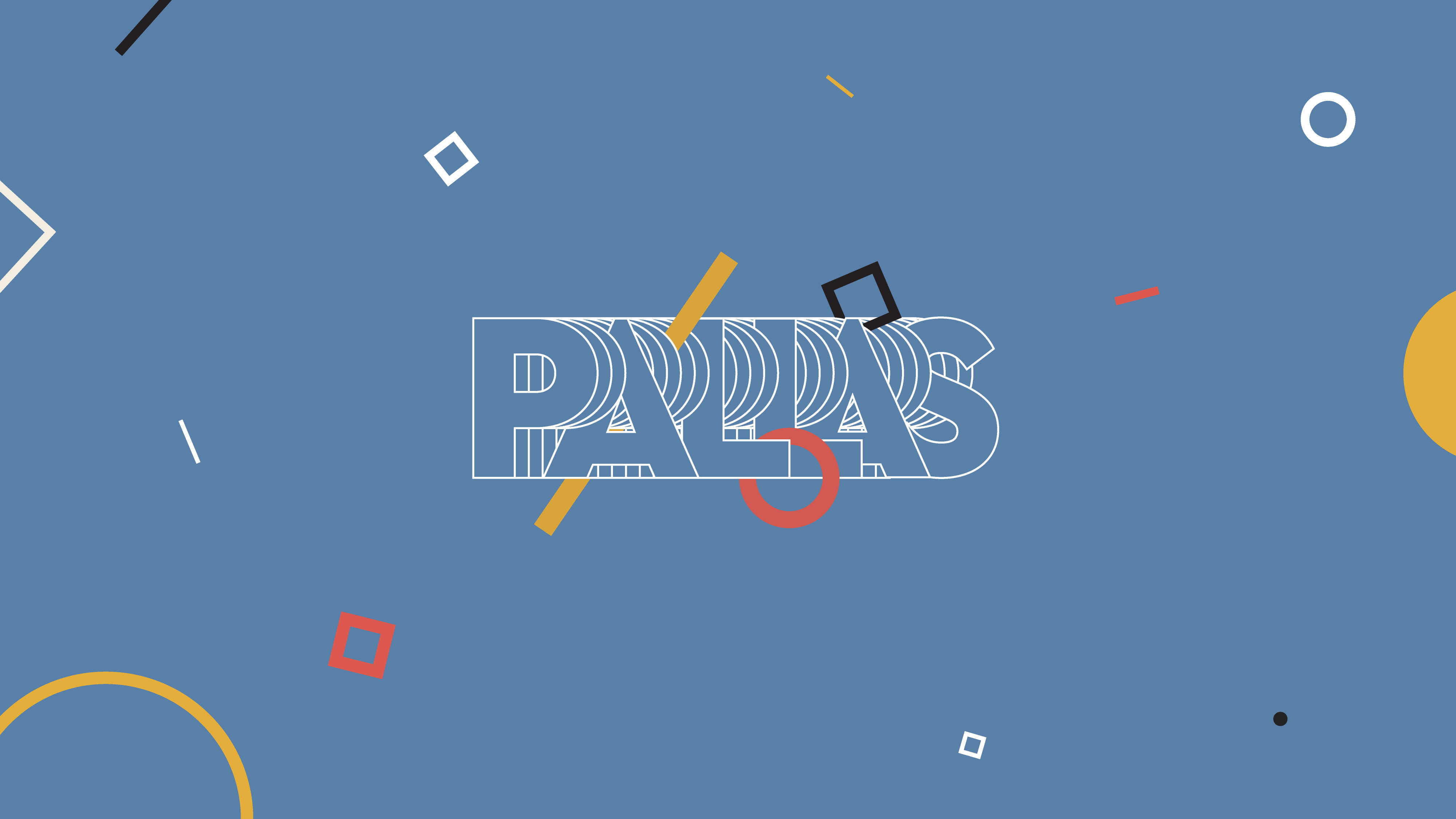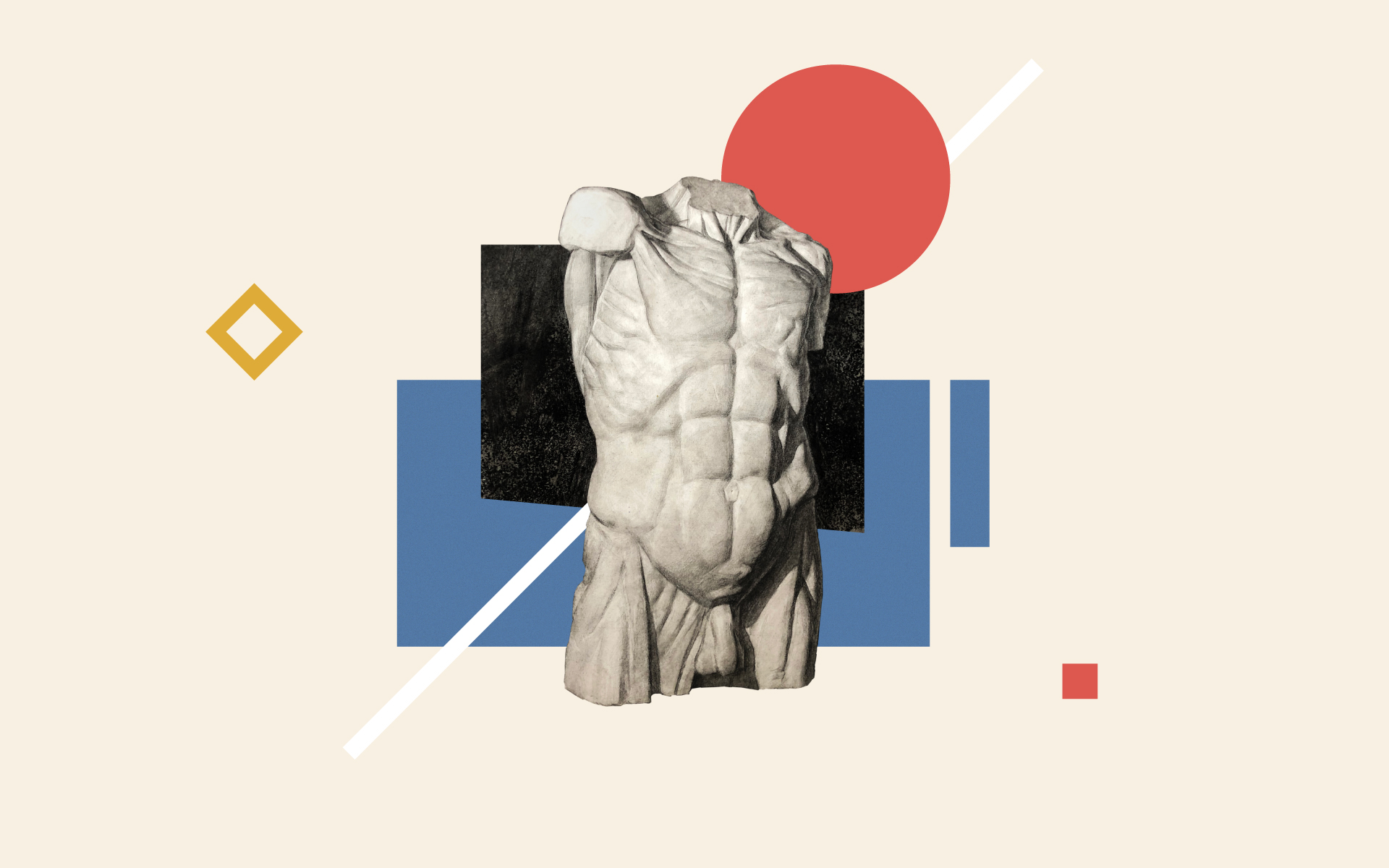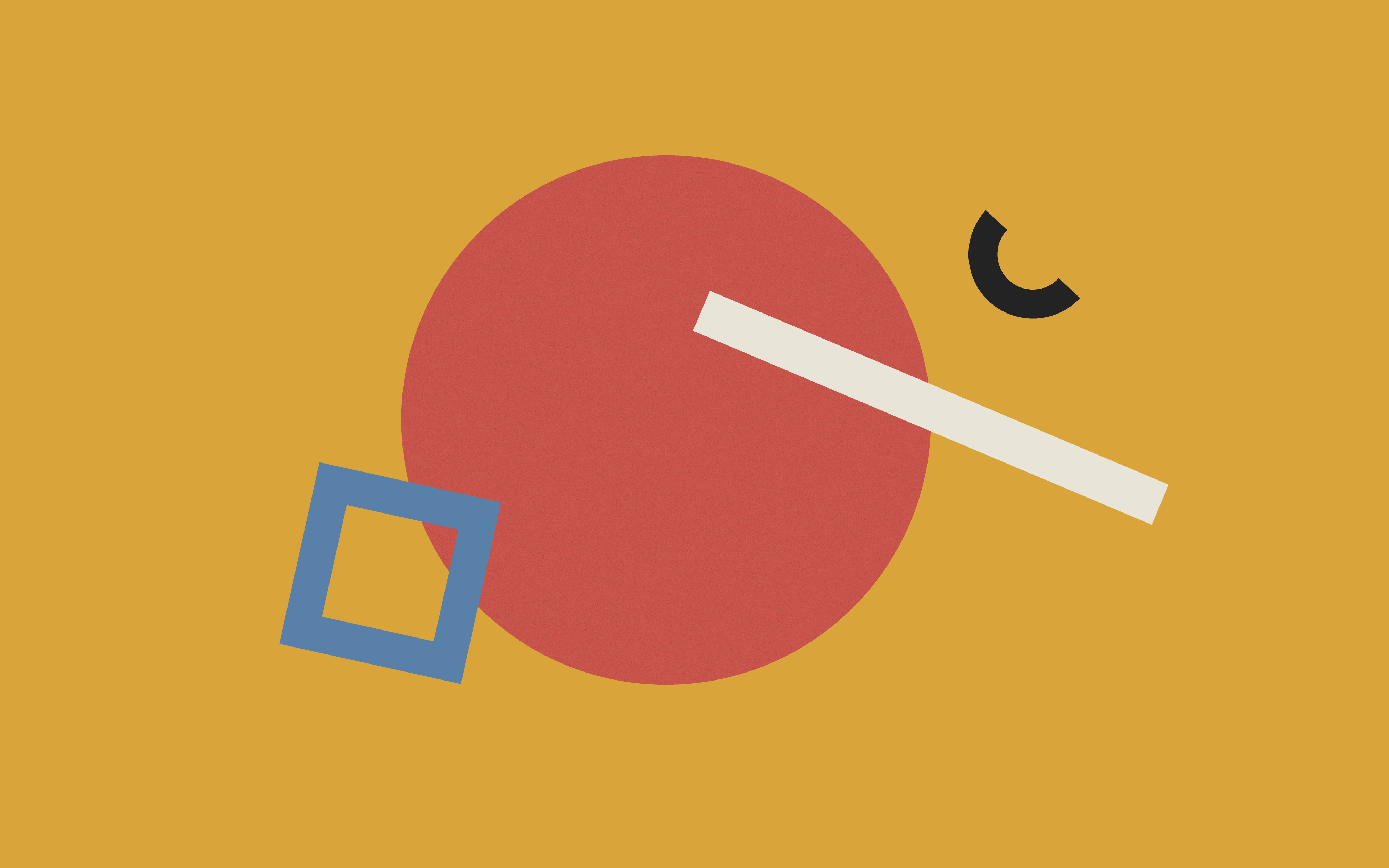GENERAL INFORMATION
Introduction of curricula
Curricula of Pallas University of Applied Sciences are in conformity with the Standard of Higher Education. General structure of Pallas UAS subjects:
Basic module compiles theoretical and theoretical-practical subjects.
Specialty module subjects depend on a specific specialty. The focus mainly is on the visual nature of the environment, including the creation of unique objects and objects produced in small quantities, also photography and media design.
Optional and elective module
- vocational/interspecialty elective subjects within the Pallas UAS;
- optional subjects at Pallas UAS or other institutions of higher education;
- general and basic subjects elective set.
The design study module allows the students to specialize in the design of a modern stylish and consistent environment, and in the design specificity of their chosen specialty. Students, who complete studies in this study module, will have the ability to notice and analyze the consistency, beauty, harmony and functionality of objects in the surrounding environment and suggest solutions in order to make the environment more agreeable.
The restoration study module includes the basic principles of intentional and professional conservation of cultural goods. The restoration study module grew out of the practical need for conservation and restoration of cultural goods.
The nominal duration of studies under the curriculum is four years and the volume is 240 ECTS, spread throughout the period of study based on an equal work load. The volume of an academic year is 60 ECTS. The curriculum includes requirements for starting studies, list, volumes and short descriptions of subjects, optional choices and requirements, specialization options and requirements for completion of studies.
The curricula of all 8 departments can be found here.
Living in Tartu
More information about living in Tartu, accomodation, residency registration, health care information and much more can be found on the Tartu Welcome Centre webpage
www.tartuwelcomecentre.ee/.
Accomodation
Pallas University of Applied Sciences does not have a dormitory. During the entrance exams or while looking for a flat it is possible to stay in Hektor Design Hostel (not far from Pallas UAS) or the RoheHostel .
Erasmus students are helped to find accommodation by a tutor student.
Living costs
General feedback from foreigners who have spent some time here is that living conditions are similar to those in Western Europe. Cost of living in Estonia is usually dependent upon the student’s accommodation choices, lifestyle, and spending patterns.
Monthly living costs: €300–€500, depending on the student`s choices.
More information about studying in Estonia can be found here.



